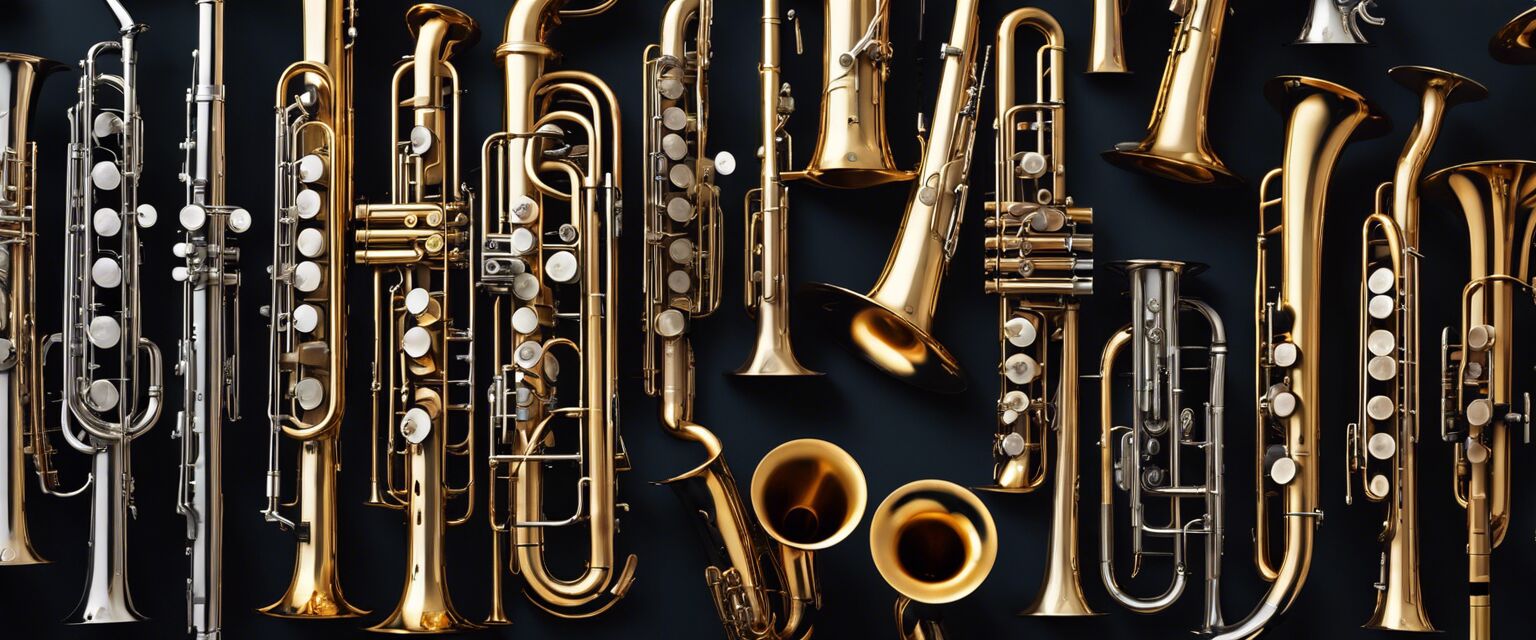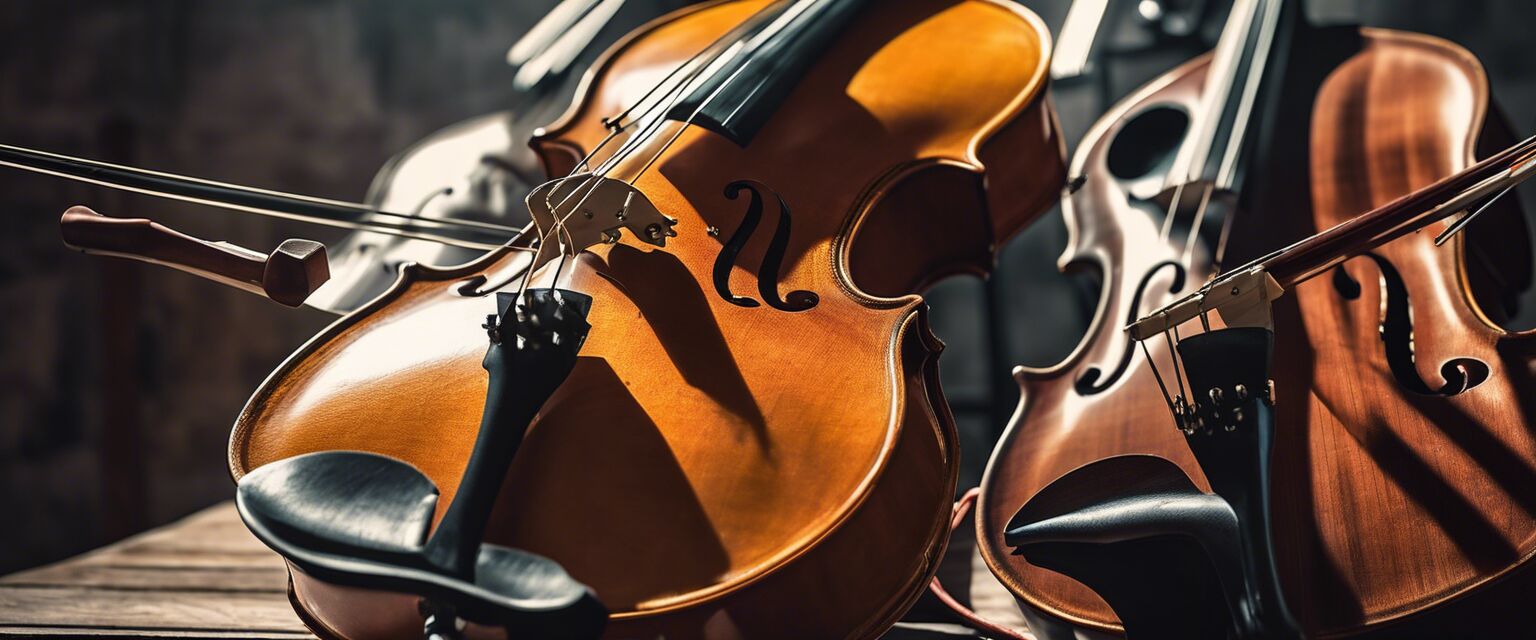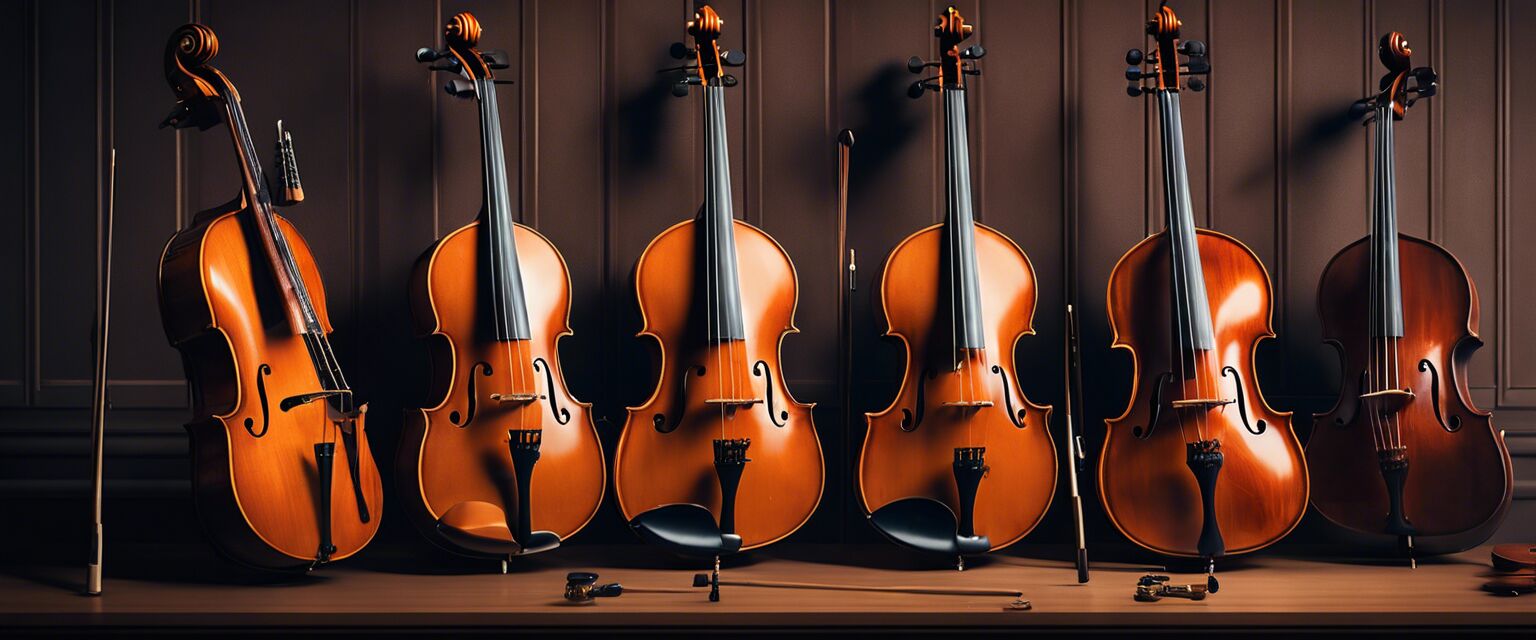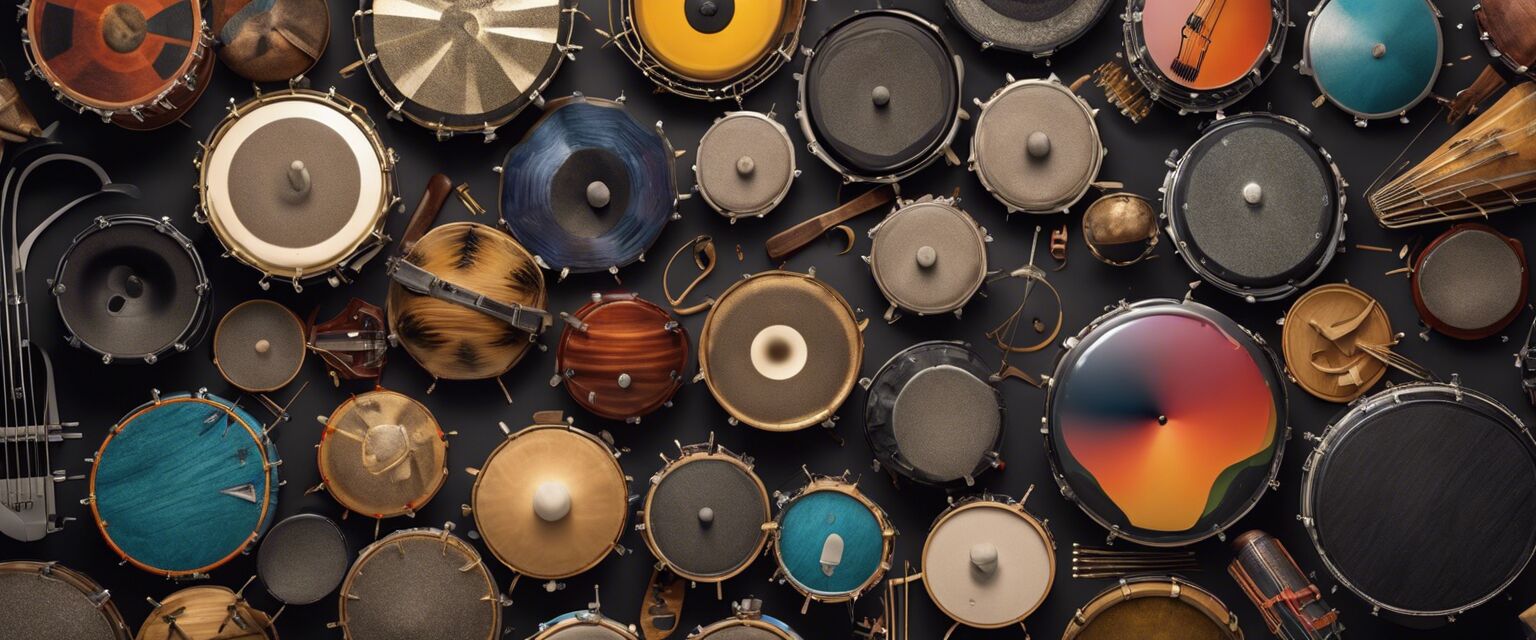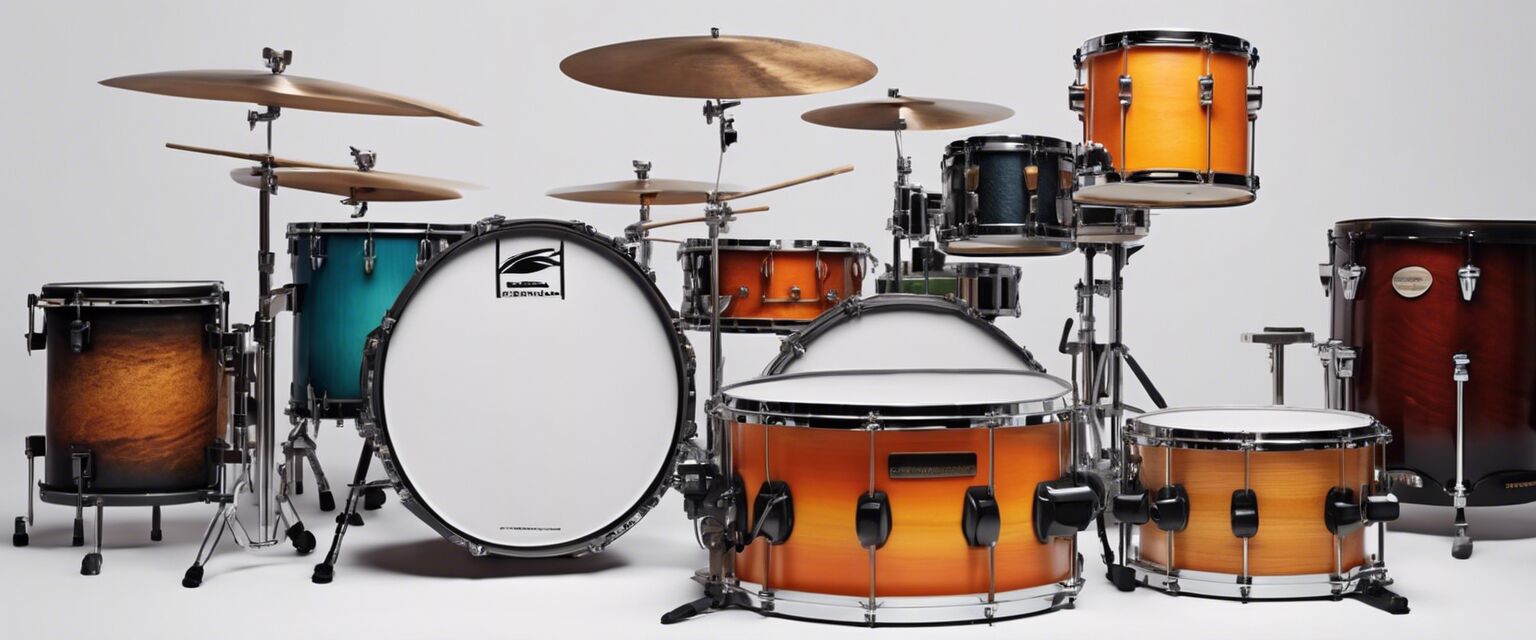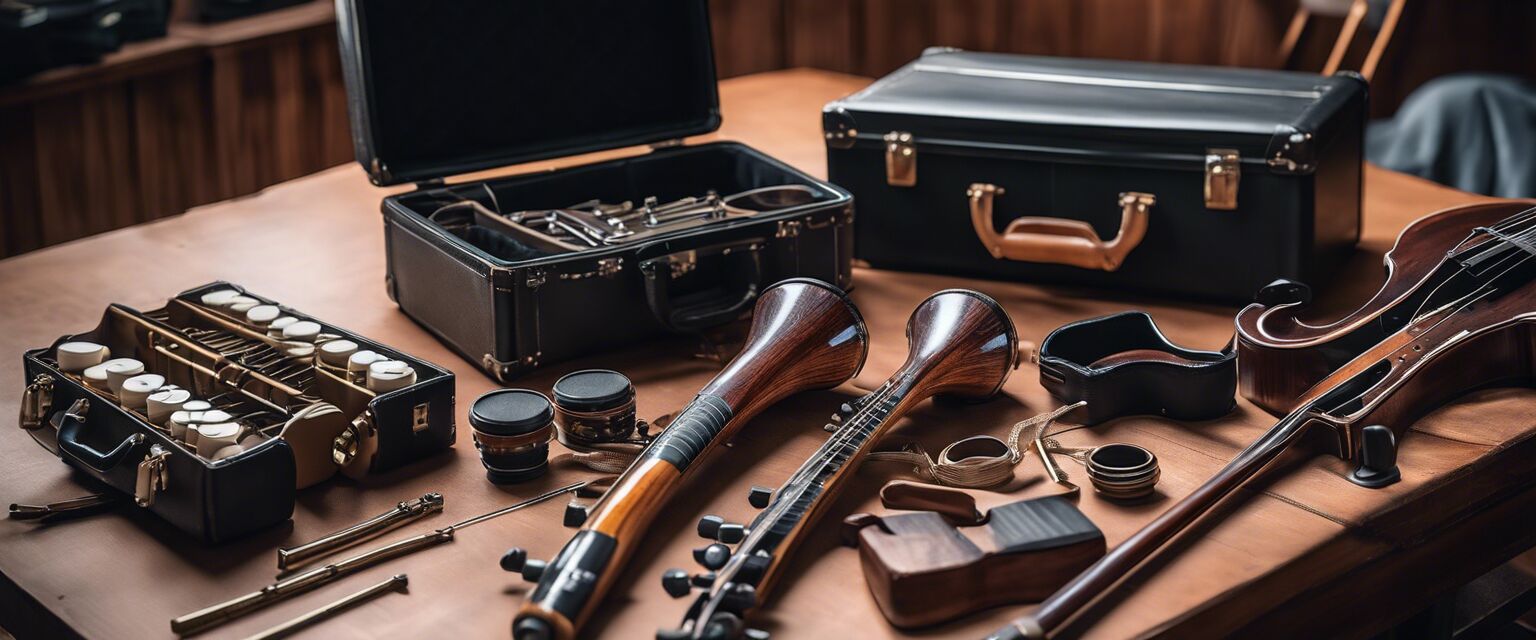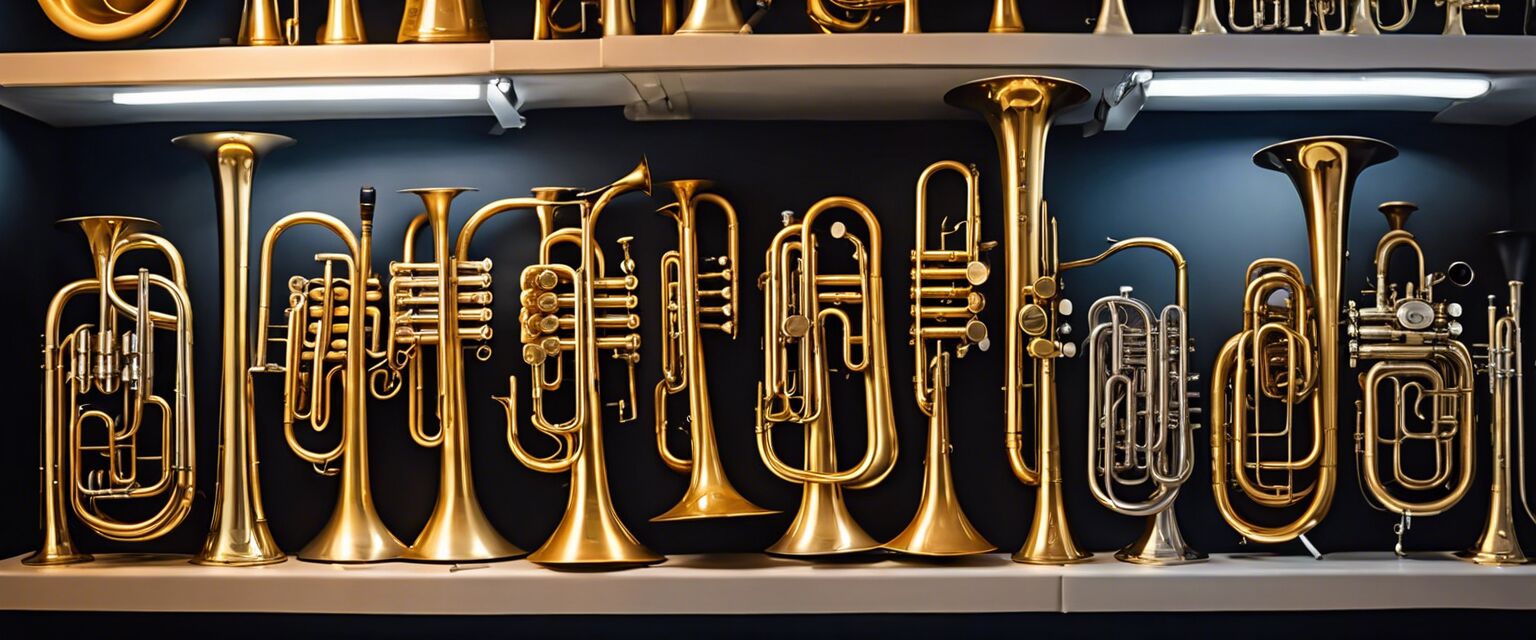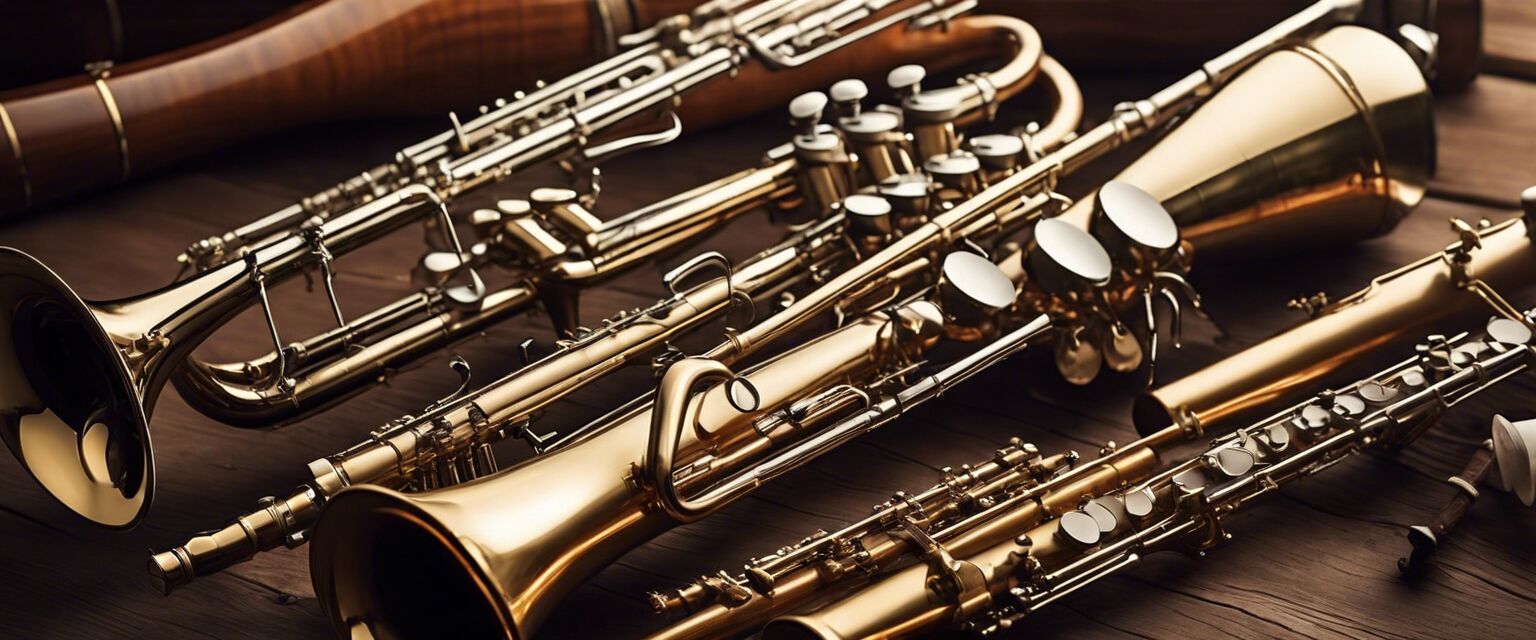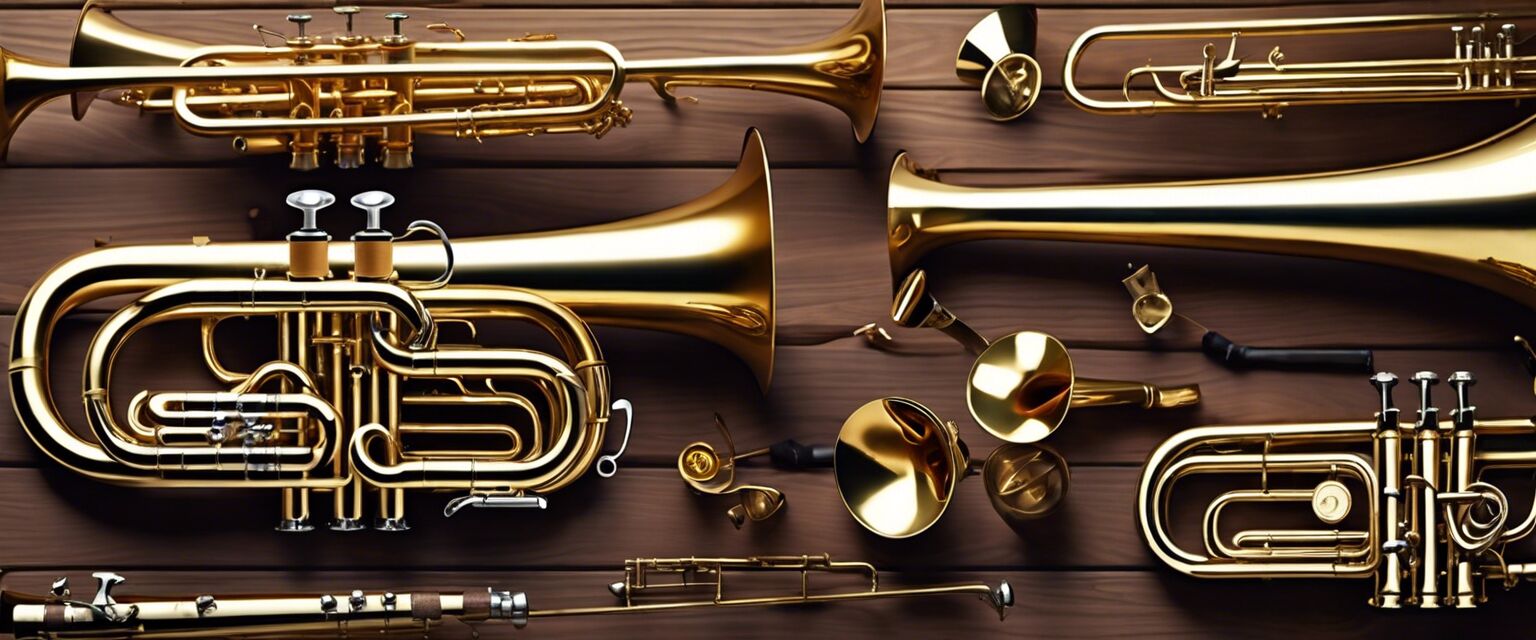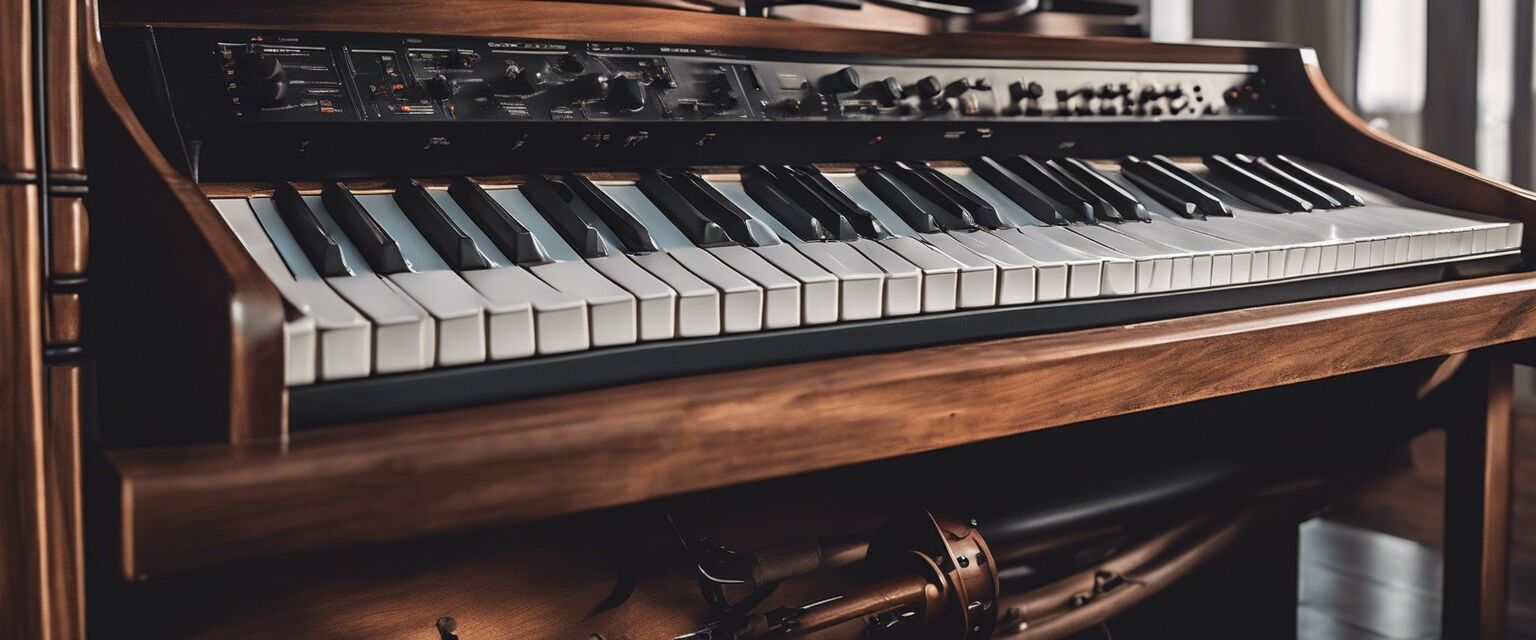
Keyboard Instruments
Keyboard instruments play a vital role in bands, providing harmonic support, melodic lines, and enriching the overall sound. This article delves into the various types of keyboard instruments, their features, and their contributions to band music.
Key Takeaways
- Keyboard instruments include pianos, organs, synthesizers, and more.
- Each type offers unique sounds and functions within a musical ensemble.
- Understanding the role of these instruments enhances band performance.
Types of Keyboard Instruments
There are several types of keyboard instruments commonly used in bands. Each has distinct features and uses. Below is a table that outlines the major types of keyboard instruments along with their characteristics.
| Instrument | Features | Common Uses |
|---|---|---|
| Piano | 88 keys, acoustic sound | Classical, jazz, pop |
| Electric Piano | Electric sound with weighted keys | Jazz, rock, pop |
| Organ | Multiple stops, tone generation | Church music, jazz, rock |
| Synthesizer | Sound design, programmable | Electronic, pop, hip-hop |
| Keyboard Workstation | Arranger features, recording capabilities | All genres |
The Role of Keyboard Instruments in Bands
Keyboard instruments contribute significantly to a band's sound. Here are some ways they enhance performances:
- Harmony Support: Keyboard instruments provide crucial chord progressions, enriching the harmonic texture.
- Melodic Lines: They can take the lead role, showcasing intricate melodies that captivate the audience.
- Textural Variety: Different keyboard sounds can add layers, creating a fuller overall sound.
- Rhythmic Elements: Many keyboards feature built-in rhythms that help keep a song's tempo and feel.

Comparison of Popular Keyboard Instruments
When choosing a keyboard instrument, it’s essential to consider their differences. The following comparison table highlights each instrument’s pros and cons, helping you make an informed decision.
| Instrument | Pros | Cons |
|---|---|---|
| Piano | Rich acoustic sound, versatile | Heavy, requires tuning |
| Electric Piano | Lightweight, won’t go out of tune | Less dynamic range than acoustic |
| Organ | Powerful sound, great for large venues | Less portable, heavy |
| Synthesizer | Extensive sound capabilities | Learning curve, can be complex |
| Keyboard Workstation | All-in-one functionality | Can be expensive |
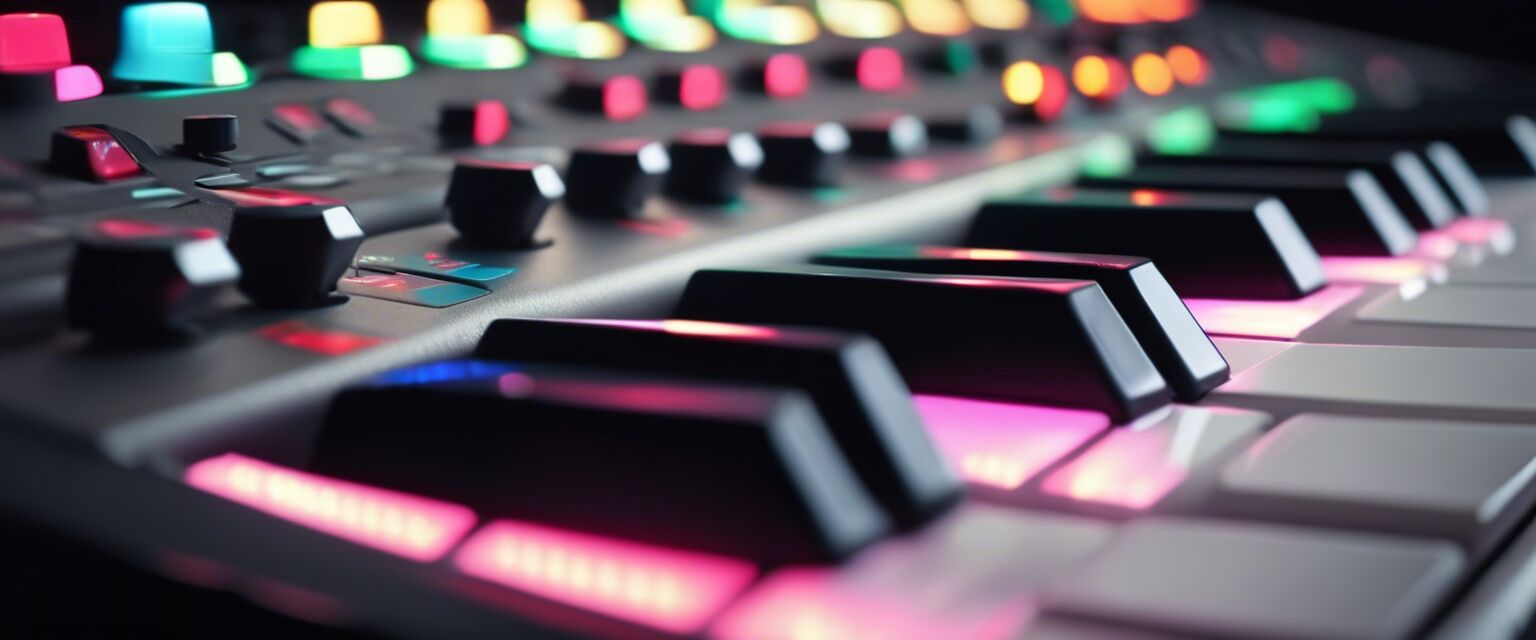
Choosing the Right Keyboard Instrument
When selecting a keyboard instrument for your band, consider the following factors:
- Performance Needs: Does your band play classical, rock, or electronic music?
- Portability: Will you be transporting the instrument frequently?
- Budget: Ensure you choose an instrument that fits within your financial limits.
Tips for Beginners
If you’re new to keyboard instruments, here are some tips to get started:
- Start with basic scales & chords to understand music theory.
- Practice regularly to improve your techniques.
- Experiment with different instruments to find your preferred sound.
- Consider joining a local music group or band for experience.
Conclusion
Keyboard instruments are pivotal in the musical landscape, particularly in band settings. Whether you play piano, synthesizer, or organ, understanding their roles can significantly enhance your performance. Explore various types and find the best fit for your musical journey.
Pros
- Enhances musical versatility.
- Provides rich harmonic support.
- Offers a wide range of sounds.
- Increases creativity with sound manipulation.
Cons
- Can be expensive, especially for high-quality models.
- Some instruments are bulky and less portable.
- Learning curve associated with electronic instruments.
To explore more about types of keyboard instruments, check out our products section. You can also learn about brass instruments, string instruments, and percussion instruments on our website. Each category offers a unique experience for musicians!
